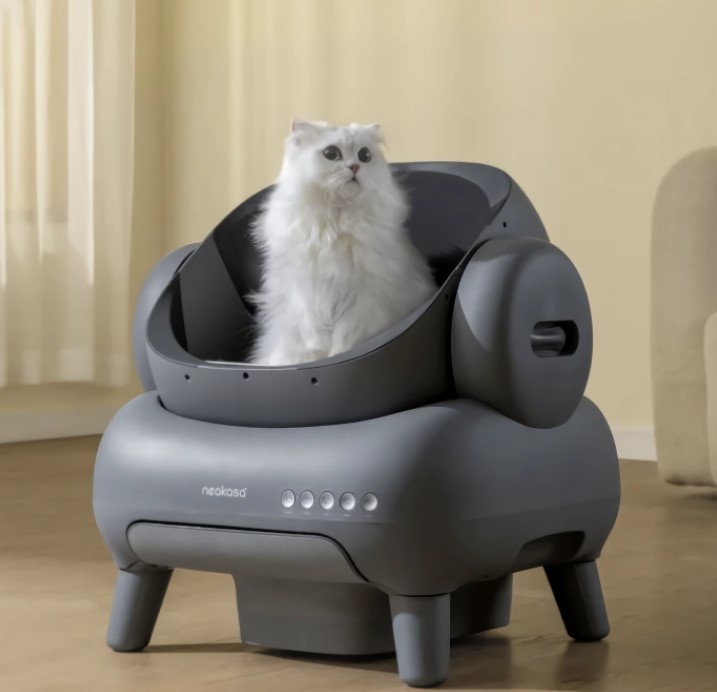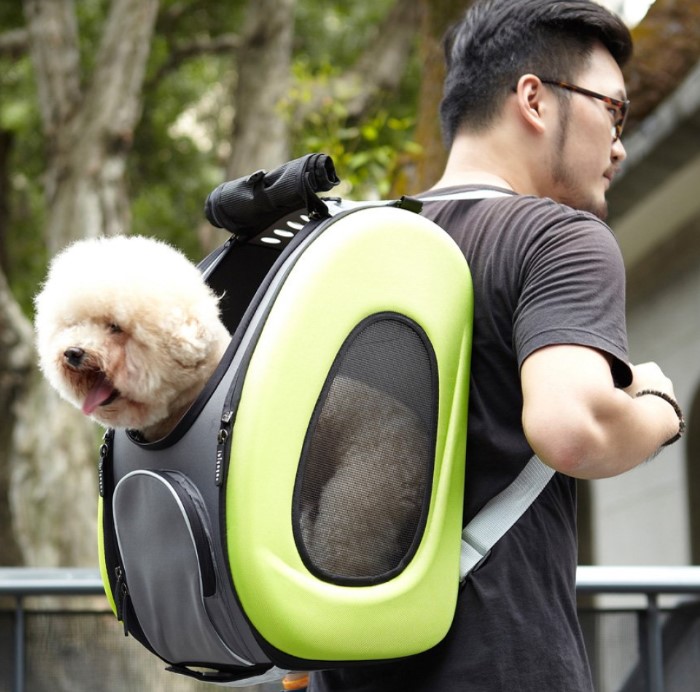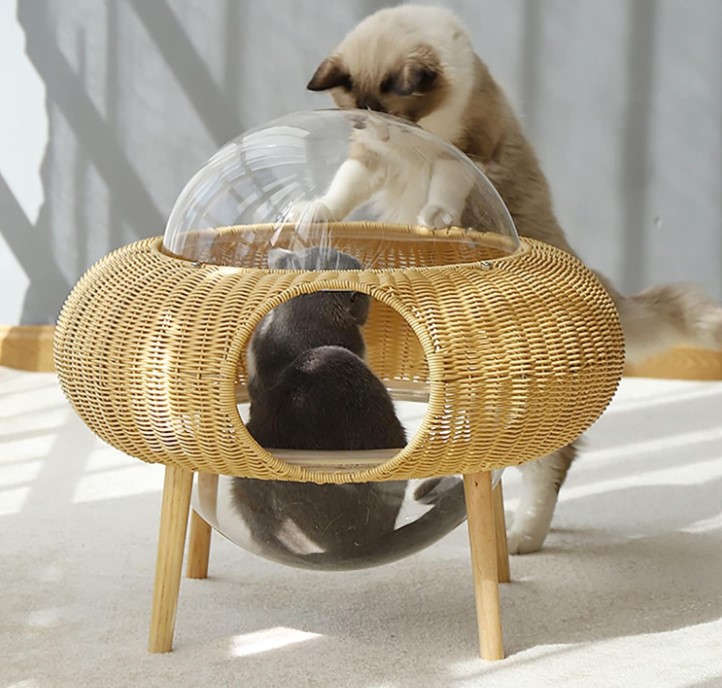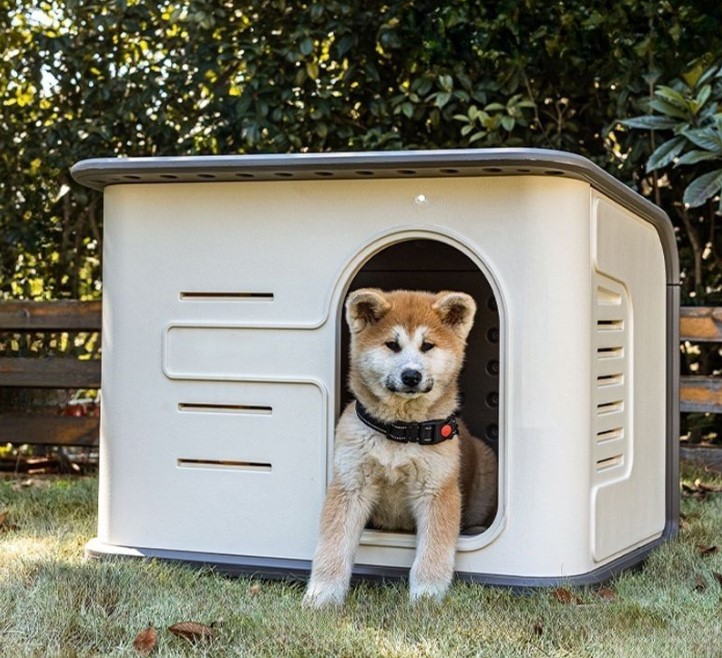Navigating the Unexpected: A Comprehensive Guide to Raising a Pregnant Three-Month-Old Kitten
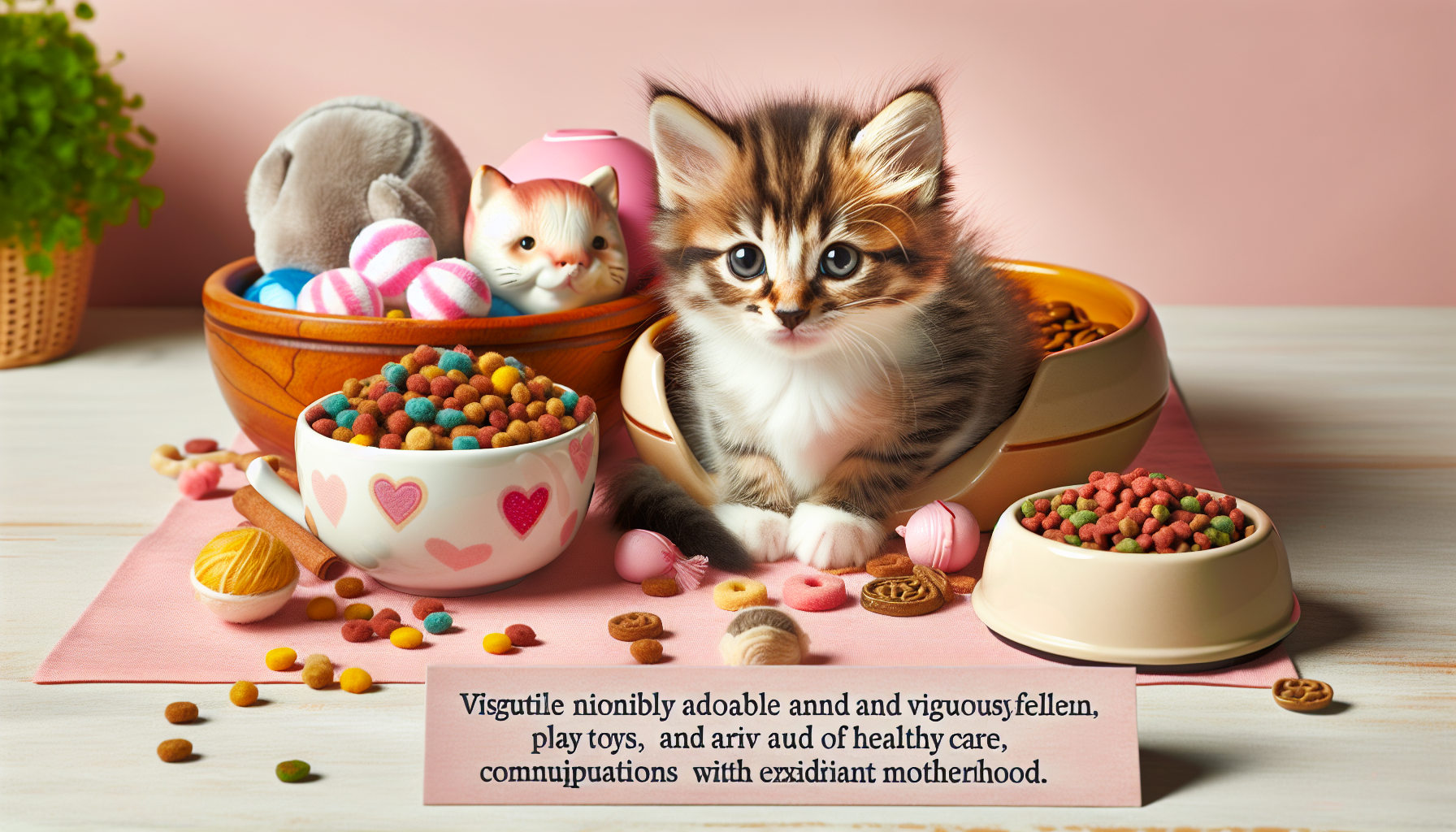
Raising a pregnant three-month-old kitten can be a daunting and unexpected experience for many cat owners. It’s essential to understand that kittens can become pregnant as early as four months old, and the situation requires immediate attention and care. A pregnant kitten’s health and well-being rely heavily on proper nutrition, a safe environment, and regular veterinary check-ups. In this comprehensive guide, we will explore the essential aspects of caring for a pregnant three-month-old kitten, from recognizing the signs of pregnancy to managing potential health complications and providing a nurturing environment.
As a responsible and caring cat owner, it’s crucial to be aware of the potential risks and challenges associated with raising a pregnant kitten. This guide aims to provide you with the necessary knowledge and resources to ensure a healthy pregnancy and a successful outcome for both the mother and her kittens. By following the expert advice and guidance outlined in this article, you can provide your pregnant kitten with the best possible care and give her the chance to thrive.
With the right guidance and support, you can navigate the challenges of raising a pregnant three-month-old kitten and set her up for a happy and healthy life. In the following sections, we will delve into the specifics of kitten development and breeding, nutrition and care, health monitoring, and more, to provide you with a comprehensive understanding of what it takes to raise a pregnant kitten successfully.
1. Can a Three-Month-Old Kitten Get Pregnant?
Yes, a three-month-old kitten can get pregnant. While it may seem unexpected, kittens can reach sexual maturity as early as four months old, and breeding can occur shortly after. According to the International Cat Care, kittens can become pregnant as young as 4-6 months of age, and some breeds can even breed as early as 3-4 months. This is because kittens develop rapidly, and their reproductive systems mature quickly.
It’s essential to understand that a kitten’s breeding habits are influenced by their genetics, breed, and environmental factors. Some breeds, such as Siamese and Abyssinian, are known to mature earlier than others, like Maine Coons and British Shorthairs. In addition, kittens that are not spayed or neutered can become pregnant, even if they’re still juveniles themselves.
If you suspect that your three-month-old kitten is pregnant, it’s crucial to monitor her health and behavior closely. Look for signs of pregnancy, such as enlarged nipples, weight gain, and behavioral changes. If you’re unsure or have concerns, consult with a veterinarian for professional guidance and support. Remember, a pregnant kitten requires special care and attention to ensure a healthy pregnancy and successful outcome.
Kitten Development and Breeding
Kitten development and breeding habits are crucial factors to understand when it comes to feline reproduction. On average, kittens reach sexual maturity between 4-6 months of age, although this can vary depending on breed, genetics, and environmental factors. Some breeds, such as Siamese and Abyssinian, can mature as early as 3-4 months, while others, like Maine Coons and British Shorthairs, may take longer.
Feline breeding habits are also influenced by genetics and environment. Tomcats, for example, can start breeding as early as 6-9 months of age, while queens can become pregnant as young as 4-6 months. Cats that are not spayed or neutered can continue to breed throughout their lives, producing multiple litters per year. Understanding these breeding habits is essential for responsible pet ownership and population control.
It’s also important to note that kittens can breed with their siblings or parents, leading to incestuous breeding and potential health problems. Additionally, kittens that are not spayed or neutered can exhibit undesirable behaviors such as spraying, roaming, and fighting. By understanding kitten development and breeding habits, cat owners can take proactive steps to prevent unwanted breeding and ensure the health and well-being of their feline companions.
Signs of Pregnancy in Young Kittens
Identifying the signs of pregnancy in a young kitten is crucial for providing proper care and attention. According to the International Cat Care, there are several early indicators of pregnancy that cat owners can look out for. One of the most noticeable signs is an increase in nipple size and weight gain, particularly around the abdomen. This can occur as early as 2-3 weeks into pregnancy.
Other signs of pregnancy in young kittens include behavioral changes, such as increased affection and nesting behavior. Pregnant kittens may also exhibit a decrease in appetite and activity level, as well as a more rounded abdomen. It’s essential to monitor your kitten’s behavior and physical condition closely, as these signs can be subtle and may not be immediately apparent.
In addition to these signs, a veterinarian can perform a physical examination and ultrasounds to confirm pregnancy. If you suspect that your three-month-old kitten is pregnant, it’s crucial to seek professional guidance and support. Early detection and care can help ensure a healthy pregnancy and successful outcome for both the mother and her kittens. By recognizing the signs of pregnancy, cat owners can provide the necessary care and attention to support their kitten’s reproductive health.
2. Nutrition and Care for a Pregnant Kitten
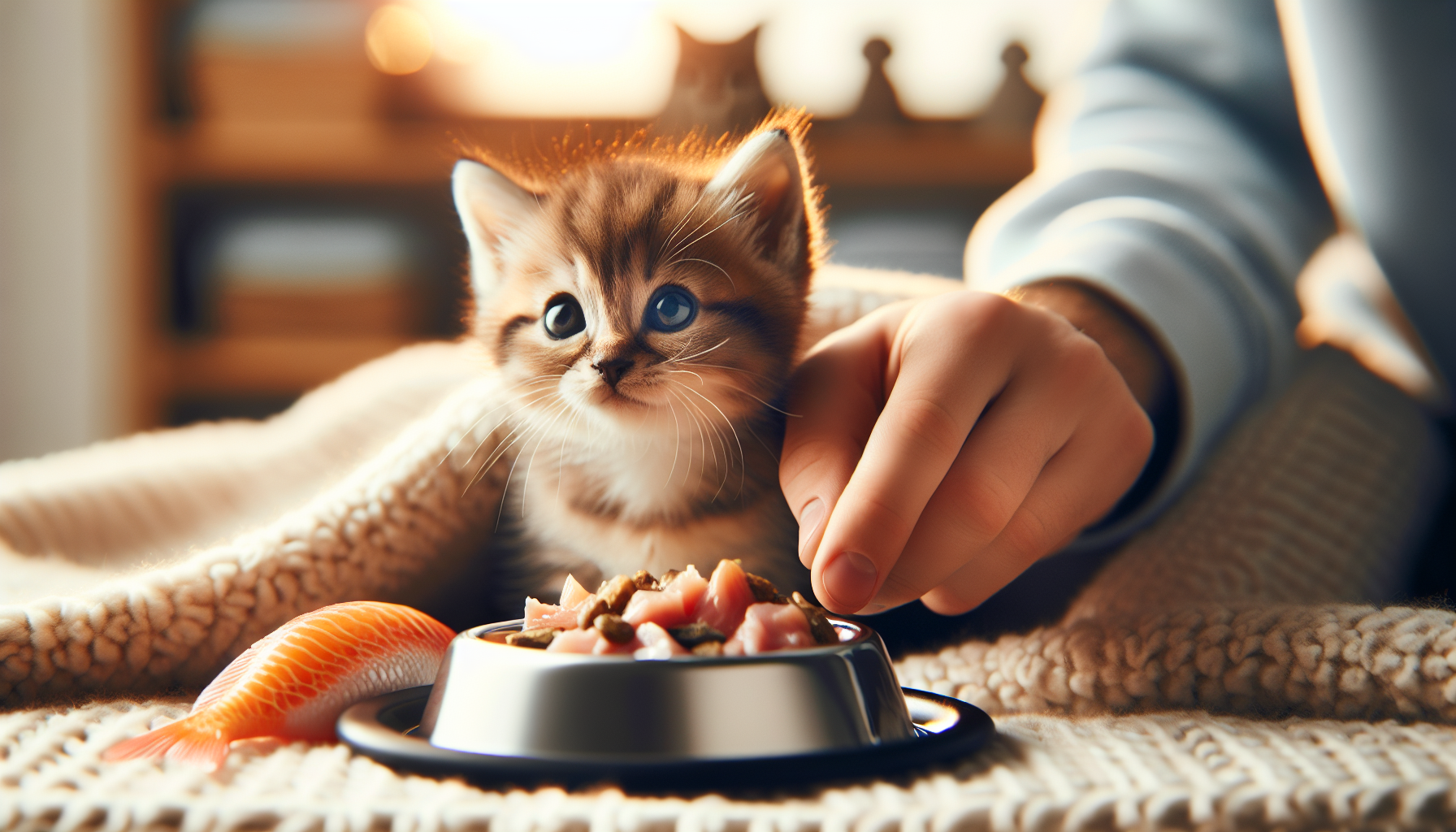
Providing optimal nutrition and care is crucial for a healthy pregnancy in a kitten. A pregnant kitten’s nutritional needs are higher than those of a non-pregnant kitten, and it’s essential to ensure she is receiving a balanced diet. A high-quality, nutrient-rich kitten food should be provided, and the amount of food should be increased to meet the kitten’s growing energy needs. Additionally, a pregnant kitten may require supplements, such as calcium and phosphorus, to support fetal development.
In addition to nutrition, a pregnant kitten requires a safe and comfortable environment. A clean, warm, and quiet space should be provided, with easy access to food, water, and litter. The kitten should be kept indoors to prevent exposure to diseases and parasites, and social interaction should be limited to prevent stress. Regular veterinary check-ups are also crucial to monitor the kitten’s health and detect any potential complications.
A pregnant kitten’s care should also include regular weight checks, monitoring of appetite and behavior, and provision of adequate rest and relaxation. A veterinarian can provide guidance on the specific nutritional and care needs of a pregnant kitten, and can help detect any potential health issues early on. By providing optimal nutrition and care, cat owners can help ensure a healthy pregnancy and successful outcome for both the mother and her kittens.
Diet and Nutritional Requirements
A pregnant kitten’s diet plays a crucial role in supporting her health and the health of her developing kittens. According to PetMD, a balanced diet should be rich in protein, fat, and certain nutrients, such as calcium and phosphorus. A high-quality, nutrient-rich kitten food should be provided, and the amount of food should be increased to meet the kitten’s growing energy needs.
In addition to a balanced diet, supplements may be necessary to ensure the kitten is receiving all the necessary nutrients. A veterinarian can recommend the appropriate supplements and dosages, as excessive supplementation can be harmful. Folic acid, for example, is essential for fetal development, while vitamin E and omega-3 fatty acids support the kitten’s overall health.
It’s essential to avoid overfeeding or underfeeding, as this can lead to complications during pregnancy. A veterinarian can provide guidance on the specific nutritional needs of a pregnant kitten and help monitor her weight and overall health. By providing a balanced diet and necessary supplements, cat owners can help ensure a healthy pregnancy and successful outcome for both the mother and her kittens.
Environmental Enrichment and Safety
Creating a safe and stimulating environment is crucial for a pregnant kitten’s physical and emotional well-being. A safe environment should be free from hazards, such as toxic substances, electrical cords, and sharp objects, that can harm the kitten or her developing kittens. Additionally, a quiet and comfortable space should be provided, with easy access to food, water, and litter.
Environmental enrichment is also essential for a pregnant kitten’s mental health and stimulation. Providing toys, scratching posts, and climbing structures can help reduce stress and boredom, and promote physical activity. A variety of textures, smells, and tastes can also be introduced to stimulate the kitten’s senses. However, it’s essential to ensure that any enrichment activities are gentle and safe for the kitten, and do not cause excessive stress or fatigue.
By creating a safe and stimulating environment, cat owners can help support their pregnant kitten’s overall health and well-being. A veterinarian can provide guidance on creating a safe and enriching environment, and can help monitor the kitten’s health and behavior during pregnancy. By providing a nurturing environment, cat owners can help ensure a healthy pregnancy and successful outcome for both the mother and her kittens.
3. Monitoring Health and Potential Complications
Monitoring a pregnant kitten’s health is crucial for recognizing potential complications and seeking timely veterinary attention. Cat owners should be aware of signs of illness, such as vomiting, diarrhea, or lethargy, and seek immediate veterinary attention if they occur. Regular veterinary check-ups can help detect potential health issues early on, and prevent complications from arising.
Some common health issues that can arise during pregnancy include eclampsia, a condition characterized by seizures and muscle cramps, and hypertension, which can lead to complications during birth. Other potential complications include uterine infections, placental abnormalities, and fetal distress. A veterinarian can provide guidance on recognizing the signs of these complications and provide prompt treatment to ensure the health and well-being of both the mother and her kittens.
By monitoring a pregnant kitten’s health and seeking timely veterinary attention, cat owners can help prevent complications and ensure a healthy pregnancy and successful outcome. Regular veterinary check-ups can help provide peace of mind and ensure that any potential issues are addressed promptly. With proper care and attention, a pregnant kitten can thrive and give birth to healthy, thriving kittens.
Common Health Issues in Pregnant Kittens
Pregnant kittens are susceptible to various health issues that can impact their health and the health of their kittens. According to Veterinary Partner, some common health issues in pregnant kittens include eclampsia, a condition characterized by seizures and muscle cramps, and hypertension, which can lead to complications during birth. Other potential health issues include uterine infections, placental abnormalities, and fetal distress.
Symptoms of these health issues can vary, but may include vomiting, diarrhea, lethargy, and abdominal pain. In some cases, pregnant kittens may exhibit no symptoms at all, making regular veterinary check-ups crucial for detecting potential health issues early on. A veterinarian can provide guidance on recognizing the signs of these health issues and provide prompt treatment to ensure the health and well-being of both the mother and her kittens.
Early detection and treatment of health issues can significantly impact the outcome of a pregnancy. By being aware of potential health problems and their symptoms, cat owners can take proactive steps to ensure the health and well-being of their pregnant kitten. Regular veterinary check-ups and a nutritious diet can help support a healthy pregnancy, and reduce the risk of complications.
When to Seek Veterinary Care
Seeking veterinary care is crucial for a pregnant kitten’s health and well-being. If you suspect that your kitten is pregnant, it’s essential to consult with a veterinarian for professional guidance and support. A veterinarian can confirm the pregnancy, provide guidance on nutrition and care, and detect any potential health issues early on.
If you notice any signs of illness or distress, such as vomiting, diarrhea, or lethargy, seek immediate veterinary attention. Additionally, if you notice any unusual behaviors, such as excessive vocalization or restlessness, consult with a veterinarian for advice. Regular veterinary check-ups can help ensure a healthy pregnancy and reduce the risk of complications.
A veterinarian can provide guidance on caring for a pregnant kitten, including nutrition, lifestyle changes, and potential health risks. They can also monitor the kitten’s health and detect any potential issues early on, ensuring prompt treatment and reducing the risk of complications. By seeking veterinary care, cat owners can ensure the best possible outcome for both the mother and her kittens.
4. Caring for a Pregnant Kitten Without a Vet Specialist
While it’s ideal to have a veterinarian specialist care for a pregnant kitten, it’s not always possible. In such cases, cat owners can still provide adequate care and attention to ensure a healthy pregnancy and successful outcome. It’s essential to educate oneself on the specific needs of a pregnant kitten, including nutrition, health monitoring, and environmental enrichment.
Online resources, such as reputable animal health websites and forums, can provide valuable information and guidance on caring for a pregnant kitten. Additionally, consulting with a general veterinarian or a veterinarian with experience in feline care can also provide valuable insights and advice. It’s also important to have a plan in place for emergency situations, such as knowing the nearest emergency veterinary clinic and having a backup plan for care.
By being proactive and taking a responsible approach to caring for a pregnant kitten, cat owners can ensure the best possible outcome for both the mother and her kittens. This includes monitoring the kitten’s health, providing a nutritious diet, and creating a safe and comfortable environment. With the right resources and guidance, cat owners can successfully care for a pregnant kitten even without a veterinarian specialist.
Identifying Local Veterinary Resources
Identifying local veterinary resources is crucial for ensuring that a pregnant kitten receives timely and adequate care. Cat owners should research and identify nearby veterinary clinics that provide emergency services, as well as those that specialize in feline care. Online directories, such as the American Animal Hospital Association (AAHA) or the American Veterinary Medical Association (AVMA), can provide a list of accredited veterinary clinics in your area.
It’s also important to identify the nearest emergency veterinary clinic, in case of unexpected complications or emergencies. Knowing the location and contact information of these clinics can help ensure that a pregnant kitten receives prompt and appropriate care in the event of an emergency. Additionally, cat owners should research local veterinary clinics that offer after-hours care, in case of unexpected situations that arise outside of regular business hours.
By identifying local veterinary resources, cat owners can rest assured that they have a plan in place for any unexpected situations that may arise during a pregnancy. This includes knowing the location and contact information of nearby veterinary clinics, as well as having a plan for emergency situations. With the right resources and planning, cat owners can ensure that a pregnant kitten receives the best possible care and attention.
Online Resources and Support Groups
In addition to local veterinary resources, online resources and support groups can provide valuable guidance and reassurance for cat owners caring for a pregnant kitten. Online forums, such as Reddit’s r/cats and r/pregnantkittens, offer a community of cat owners who have experienced similar situations and can provide advice and support. These forums can be a valuable resource for asking questions, sharing experiences, and gaining insights from others who have cared for a pregnant kitten.
Expert advice from veterinarians and animal health professionals can also be found online through websites, blogs, and social media platforms. Many veterinarians and animal health professionals share their expertise and provide guidance on caring for a pregnant kitten through online articles, videos, and podcasts. These resources can provide valuable information on nutrition, health monitoring, and environmental enrichment, as well as offer guidance on recognizing signs of illness and detecting potential health issues.
By utilizing online resources and support groups, cat owners can feel more confident and prepared to care for a pregnant kitten. These resources can provide reassurance and guidance, helping to alleviate anxiety and uncertainty. By leveraging online resources and support groups, cat owners can ensure that a pregnant kitten receives the best possible care and attention, leading to a healthy and successful outcome.
5. Conclusion: A Comprehensive Approach to Raising a Pregnant Kitten
In conclusion, raising a pregnant kitten requires a comprehensive approach that addresses her unique needs and ensures a healthy pregnancy. From recognizing the signs of pregnancy to providing optimal nutrition and care, cat owners must be proactive and attentive to their kitten’s needs. By understanding the signs of pregnancy, monitoring health, and providing a safe and enriching environment, cat owners can set their kitten up for a successful pregnancy and reduce the risk of complications.
It’s also essential to have a plan in place for emergency situations and to identify local veterinary resources and online support groups. By being prepared and having a comprehensive approach to care, cat owners can feel more confident and reassured that they are providing the best possible care for their pregnant kitten. With the right care and attention, a pregnant kitten can thrive and produce a healthy litter of kittens.
By following the guidelines and tips outlined in this article, cat owners can ensure a healthy and successful pregnancy for their kitten. Remember, every kitten is different, and it’s essential to tailor care to the individual needs of your kitten. With patience, attention, and the right care, you can help your pregnant kitten thrive and bring new life into the world.
Summary of Key Takeaways
When it comes to caring for a pregnant three-month-old kitten, there are several essential tips and reminders to keep in mind. Firstly, it’s crucial to provide a nutritious diet that meets the kitten’s increased calorie and protein needs. This can be achieved by feeding a high-quality, nutrient-rich kitten food, and consulting with a veterinarian to determine the best diet for your kitten.
Secondly, it’s important to ensure the kitten’s environment is safe and comfortable. This can be achieved by providing a clean and quiet space, free from stress and hazards. Additionally, it’s essential to monitor the kitten’s health and behavior, and seek veterinary attention immediately if any signs of illness or distress are observed. Finally, it’s important to spay or neuter the kitten after the pregnancy to prevent further breeding and reduce the risk of certain health issues.
By following these essential tips and reminders, cat owners can help ensure a healthy and successful pregnancy for their three-month-old kitten. Remember, every kitten is different, and it’s essential to tailor care to the individual needs of your kitten. With the right care and attention, you can help your kitten thrive and bring new life into the world.
Future Planning and Spaying/Neutering
As a responsible cat owner, it’s essential to consider the long-term implications of your kitten’s pregnancy and future reproductive health. Spaying or neutering your kitten can have significant benefits for their overall health and well-being, as well as preventing unwanted breeding and reducing the risk of certain health issues.
Spaying or neutering can prevent certain types of cancer, such as uterine infections and testicular cancer, and can also reduce the risk of roaming and unwanted breeding. Additionally, spaying or neutering can help to reduce undesirable behaviors such as spraying or mounting, and can also help to prevent certain types of aggression. By spaying or neutering your kitten, you can help to ensure their long-term health and well-being, and can also help to prevent unwanted litters and reduce the number of homeless cats.
It’s recommended to spay or neuter your kitten before their first heat cycle, which typically occurs between 4-6 months of age. This can help to prevent unwanted breeding and reduce the risk of certain health issues. By considering the long-term implications of your kitten’s pregnancy and future reproductive health, you can make informed decisions about their care and help to ensure a happy and healthy life for your kitten.
How often should I take my pregnant kitten to the vet?
It’s recommended to take your pregnant kitten to the vet every 2-3 weeks to monitor her health and ensure a healthy pregnancy.
What are the signs of a complicated pregnancy in a kitten?
Signs of a complicated pregnancy in a kitten may include vaginal discharge, fever, lethargy, and lack of appetite. If you notice any of these symptoms, seek veterinary attention immediately.
Can I spay or neuter my kitten while she’s still pregnant?
It’s generally recommended to wait until after the pregnancy to spay or neuter your kitten, as this can help reduce the risk of complications. However, your veterinarian may advise otherwise depending on the individual situation.
How can I prevent my kitten from getting pregnant again?
The most effective way to prevent your kitten from getting pregnant again is to spay or neuter her. You can also consider keeping her indoors, especially during breeding season, and ensuring that she’s not exposed to intact male cats.
What are the risks of not spaying or neutering my kitten?
Not spaying or neutering your kitten can increase the risk of certain health issues, such as uterine infections and breast tumors, as well as contribute to the pet overpopulation problem.

